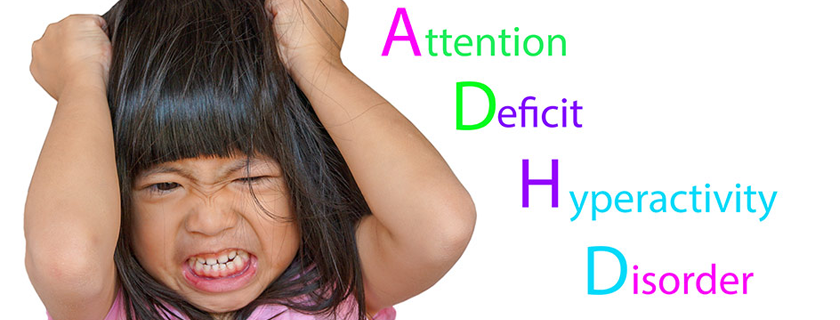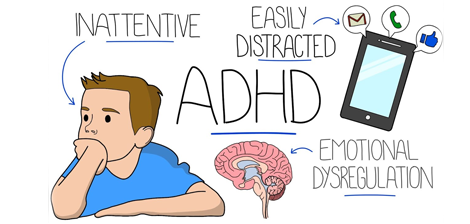
Attention Deficit Hyperactivity Disorder (ADHD) is a neurodevelopmental disorder that affects individuals of all ages, although it is typically diagnosed in childhood. ADHD is characterized by symptoms of inattention, hyperactivity, and impulsivity, which can make it difficult for individuals to concentrate, complete tasks, and control their behavior. In this essay, we will explore the causes, symptoms, diagnosis, and treatment of ADHD.
Causes of ADHD:-
The exact cause of ADHD is unknown, but researchers believe that it may be caused by a combination of genetic, environmental, and neurological factors. Some studies suggest that certain genes may be associated with the development of ADHD, while other studies suggest that environmental factors, such as exposure to toxins, may play a role. Neurological factors, such as differences in brain structure and function, may also contribute to the development of ADHD.
Symptoms of ADHD:-
The symptoms of ADHD can vary from person to person and may include inattention, hyperactivity, and impulsivity. Inattention symptoms may include difficulty paying attention, forgetfulness, disorganization, and procrastination. Hyperactivity symptoms may include fidgeting, restlessness, excessive talking, and difficulty staying seated. Impulsivity symptoms may include interrupting others, blurting out inappropriate comments, and difficulty waiting their turn.
Diagnosis of ADHD:-
Diagnosing ADHD involves a thorough evaluation of the individual's symptoms, medical history, and family history. A doctor or mental health professional may use rating scales, behavioral assessments, and psychological tests to help diagnose ADHD. It is important to rule out other conditions that may have similar symptoms, such as anxiety or depression, before making a diagnosis of ADHD.
Treatment of ADHD:-
Treatment of ADHD typically involves a combination of medication and behavioral therapy. Stimulant medications, such as methylphenidate and amphetamines, can help to reduce symptoms of inattention, hyperactivity, and impulsivity. Behavioral therapy, such as cognitive-behavioral therapy or parent training, can help individuals with ADHD to develop strategies to improve their organization, time management, and social skills.
Other interventions that may be helpful for individuals with ADHD include exercise, a healthy diet, and sleep hygiene. Regular exercise can help to reduce hyperactivity and improve mood, while a healthy diet can provide the nutrients needed for brain function. Good sleep hygiene, such as a consistent sleep schedule and a quiet, dark bedroom, can help to improve concentration and reduce hyperactivity.
In conclusion, ADHD is a neurodevelopmental disorder that affects individuals of all ages. The exact cause of ADHD is unknown, but it may be caused by a combination of genetic, environmental, and neurological factors. The symptoms of ADHD can vary from person to person and may include inattention, hyperactivity, and impulsivity. Diagnosing ADHD involves a thorough evaluation of the individual's symptoms, medical history, and family history. Treatment of ADHD typically involves a combination of medication and behavioral therapy, as well as other interventions such as exercise, a healthy diet, and good sleep hygiene. With proper diagnosis and treatment, individuals with ADHD can learn to manage their symptoms and improve their quality of life.


Get Free Appointment
We are more than happy to give advice on which counselling is most suitable for your needs, depending on your problems. Why not ask us to view your problems and discuss for solution.
